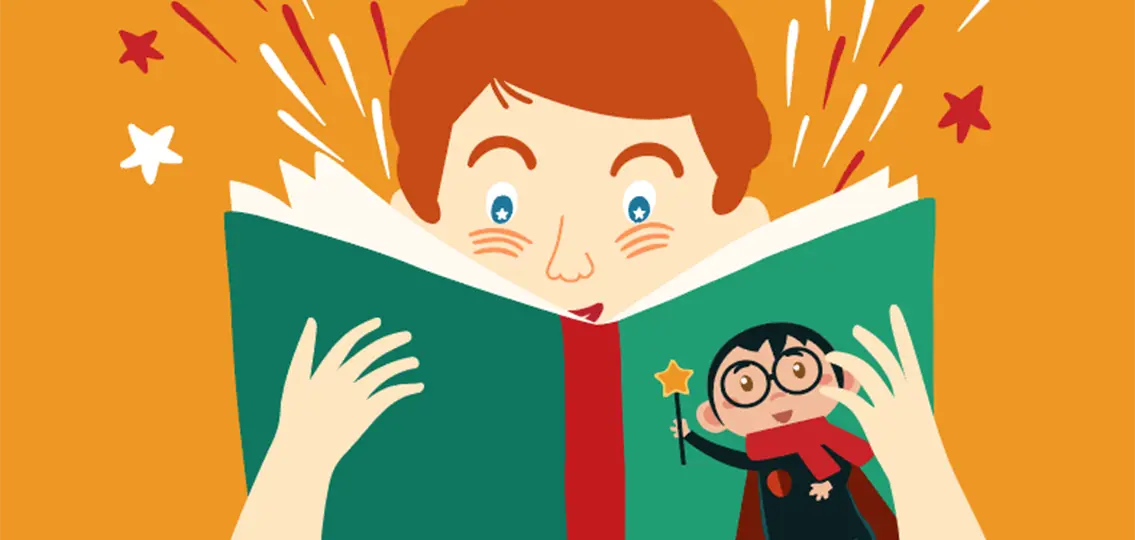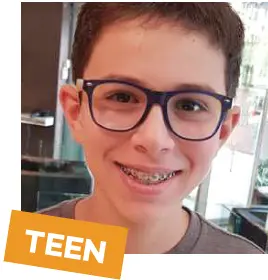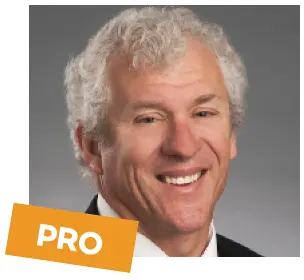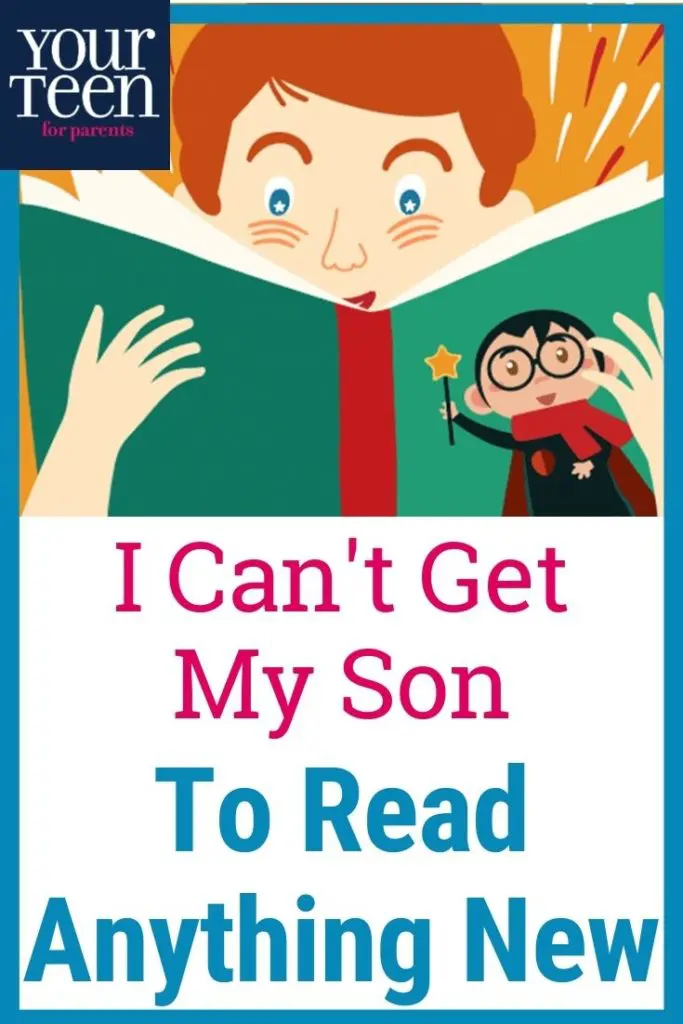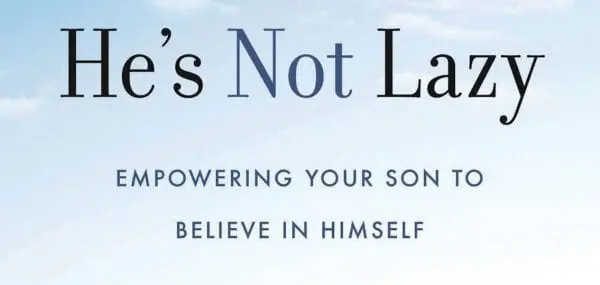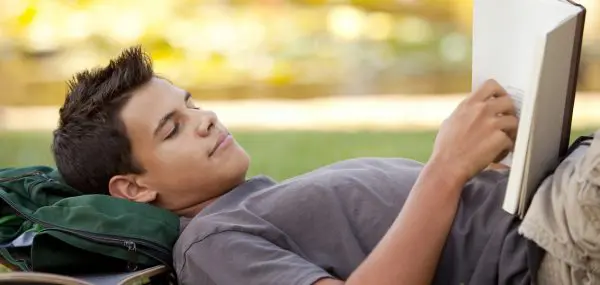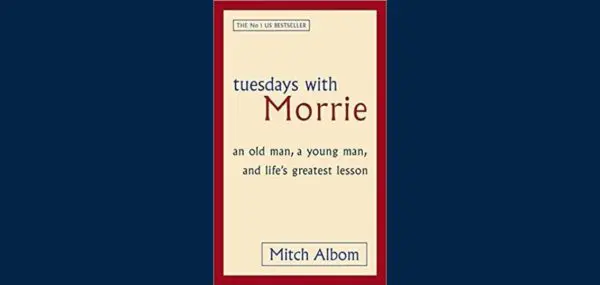What happens when a teen feels one way about a particular issue or problem and the parent has a very different take? At Your Teen, we understand that sometimes you need to look at a problem from multiple perspectives. It can also be helpful to hear from a neutral third party. That’s when we bring in a parenting expert to provide the practical advice you need to bridge the divide and help restore harmony. Here, a son and his mom have very different opinions about reading and re-reading books.
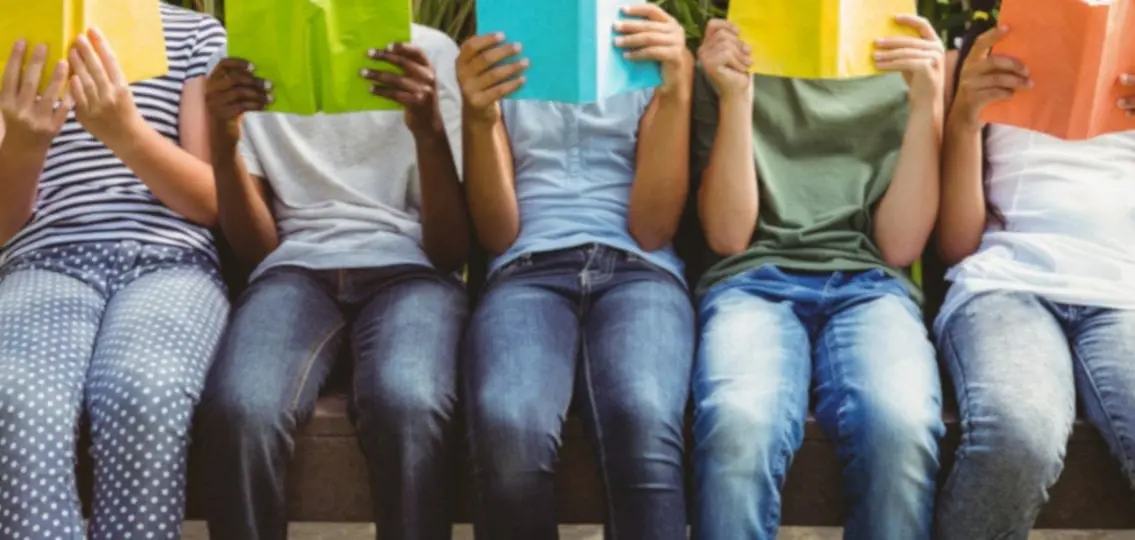
TEEN | Yuval Gottstein
There’s a copy of Nelson Mandela’s memoir, Long Walk to Freedom, on the shelf near my bed. My mom put it there a while ago after she found it in our neighborhood Little Free Library. “Try this,” she said. “It’s extraordinary.” I suspect she thought it would be a slam dunk because I love to travel, and perhaps because I basically swallowed the Who Was series of biographies when I was in elementary school. I considered it for a millisecond … and then grabbed Harry Potter and the Deathly Hallows to re-read for the fifth time. But really, Mandela isn’t the competition. Percy Jackson is. Or perhaps Cornelia Funke’s The Dragon Rider.
Read different genres. That’s a mantra my mom has tried to encourage (push on me?) every so often at dinnertime. She’s an omnivorous reader (she taught me that word). But I think that’s what English class is for. English class is where you discover different genres and different books.
Mr. Robinson assigned Of Mice and Men, a book about Dunkirk, and even an obituary. For pleasure reading, I prefer to go to my favorites. I don’t want to waste time on books that are neither interesting nor funny. Life’s too short to gamble on inferior books.
Harry Potter sets a standard that is hard to match with its sarcasm, mystery, fantasy, romance, and adventure. And you’d be surprised how much I learn from re-reading books. There’s foreshadowing and getting more acquainted with the characters.
My I-know-what-I-like approach is not just limited to re-reading books.
It’s the same with food. I love pizza, hamburgers, pancakes, my aunt’s chicken with a sweet sauce, crunchy red delicious apples, ice cream, onion rings. On camping trips with friends, I try different foods. But at home, I want to go with what gives me pleasure and comfort. Re-reading books is fun.
Actually, I think my mom should be happy that I read at all! Right?
Yuval Gottstein is an eighth grader at Hartman High School in Jerusalem, Israel. He loves to travel, hike, play soccer, and, of course, read Harry Potter.
MOM | Ruth Ebenstein
It’s hard to argue with my son, because he does read several hours a week. And it seems like I should be grateful for that, with so many teens (and adults!) stuck on their screens. Nevertheless, I want to encourage Yuval to venture out beyond his comfort zone.
I’m not urging my son to read everything. Lord knows I don’t shop for books on my husband’s nightstand. A cognitive neuroscientist, he has a collection populated by dog-eared copies of Bayesian Hierarchical Models and Secrets of Mental Math (I kid you not.).
Rather, I want Yuval to spread his wings and fly. Reading books beyond your chosen genre broadens your perspective. You learn new vocabulary. Your empathy muscles grow. You have a greater appreciation for life and society.
Diverse books, genres, styles—they make you stretch your mind, your self.
As my fingers clack-clack across the keyboard, I pause to reflect. Perhaps Yuval does have a point about re-reading books—that it allows for a deeper reading, that you catch things missed the first time around. But with so many tomes stacked in my to-be-read pile, who has time to reread the same books?
Maybe I ought to make the time. I think I’ll just grab that thick copy of Long Walk to Freedom I loaned to Yuval and try some re-reading myself.
Ruth Ebenstein is an award-winning writer, historian, public speaker, and peace/health activist who loves to laugh. She is writing a memoir, Bosom Buddies: How Breast Cancer Fostered an Unexpected Friendship Across the Israeli-Palestinian Divide. Find her online at ruthebenstein.com and on Twitter @ruthebenstein.
EXPERT | Jeffrey Wilhelm
I am in the happy position of enthusiastically agreeing with both Yuval and Ruth. In our study of the literate lives of young men, Reading Don’t Fix No Chevys, my co-researcher Michael Smith and I found that the linchpin of motivation for boys (with reading as with all else) is developing a sense of competence and control.
This explains why young men like Yuval enjoy and benefit from re-reading books and why they like series books. Knowing the characters and plot allows them to read more deeply, exert more control, and develop more competence. Prior readings function as a scaffold that supports how they extend expertise, notice new text features and authorial moves, develop new strategies, and make deeper kinds of meaning.
Re-reading books grows competence, and in fact, is how young readers learn to read in the first place.
In Reading Unbound: Why Kids Need to Read What they Want—and Why We Should Let Them, a study of adolescent pleasure reading, Michael and I found that teens are motivated to read by five different kinds of reading pleasure:
- Immersive play pleasure (just enjoying and living through the story)
- The social pleasure of identifying as a particular kind of reader (of Harry Potter, for instance) and affiliating with other readers with similar interests
- Intellectual pleasure (figuring things out, like how the text works to create meanings and effects
- Functional work pleasure (the satisfaction of using reading as a practical tool—to get things done)
- Inner work pleasure (rehearsing the kind of person one wants to be)
We found that different genres provide different aspects of these pleasures and do different kinds of functional and inner work. So Ruth is right, too—if Yuval would read different kinds of genres, he’d widen his repertoire, experience new pleasures, and develop new capacities. Another finding is that kids read what they need—that the genres they gravitate to are ones that help them navigate their current life needs and challenges.

My advice to Ruth and other parents: Relax! Keep inviting your kids to read new genres. Make them available, but just as an invitation. When they are ready and have the need, they will pick those books up. I am confident that Yuval is going to have a rich reading life, because he loves to read and loves what he reads. And with love all things are possible!
Jeffrey Wilhelm is a distinguished professor of English education at Boise State University and the founding director of the Maine and Boise State writing projects. He is the author or co-author of 41 books about literacy teaching and learning.
